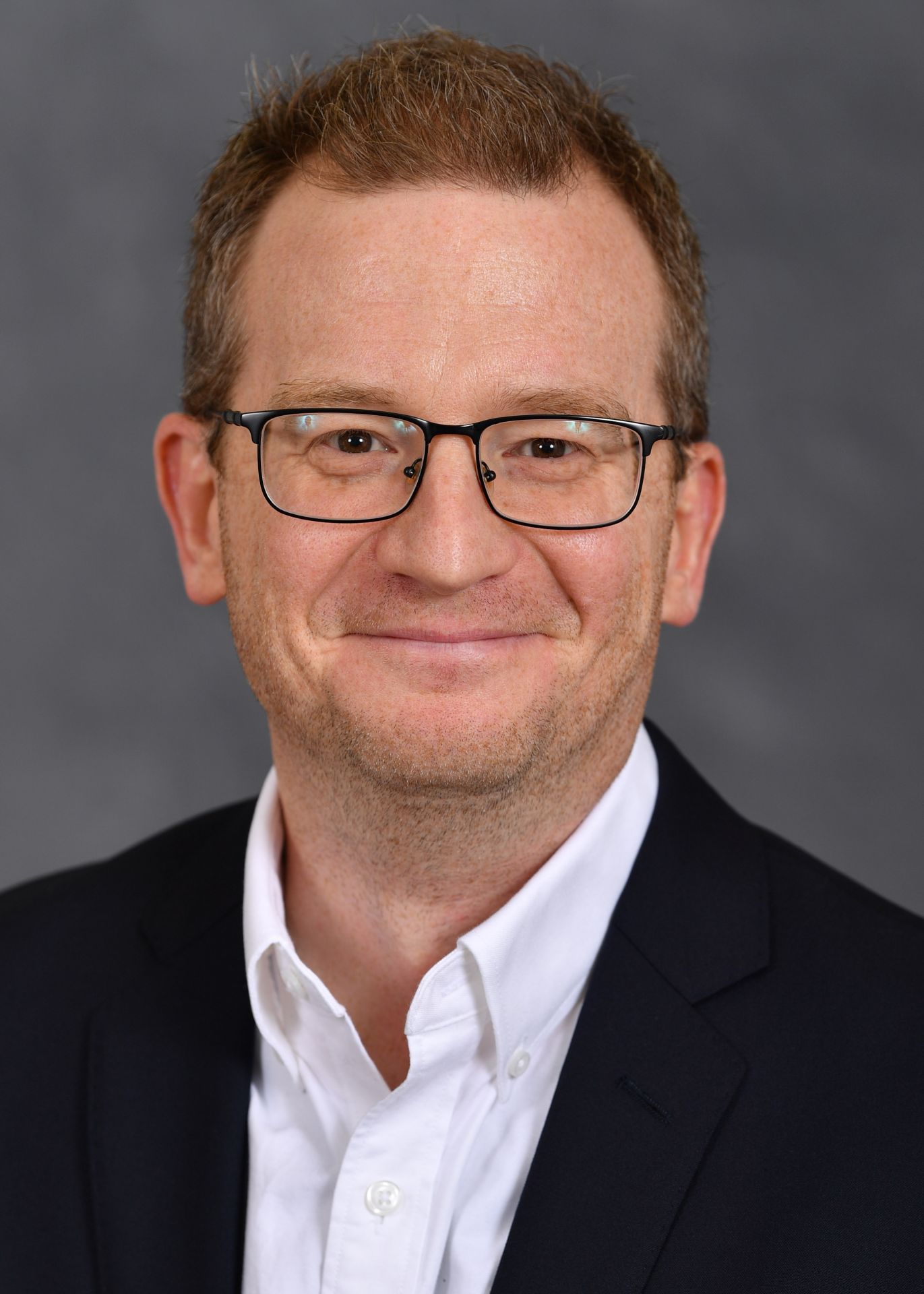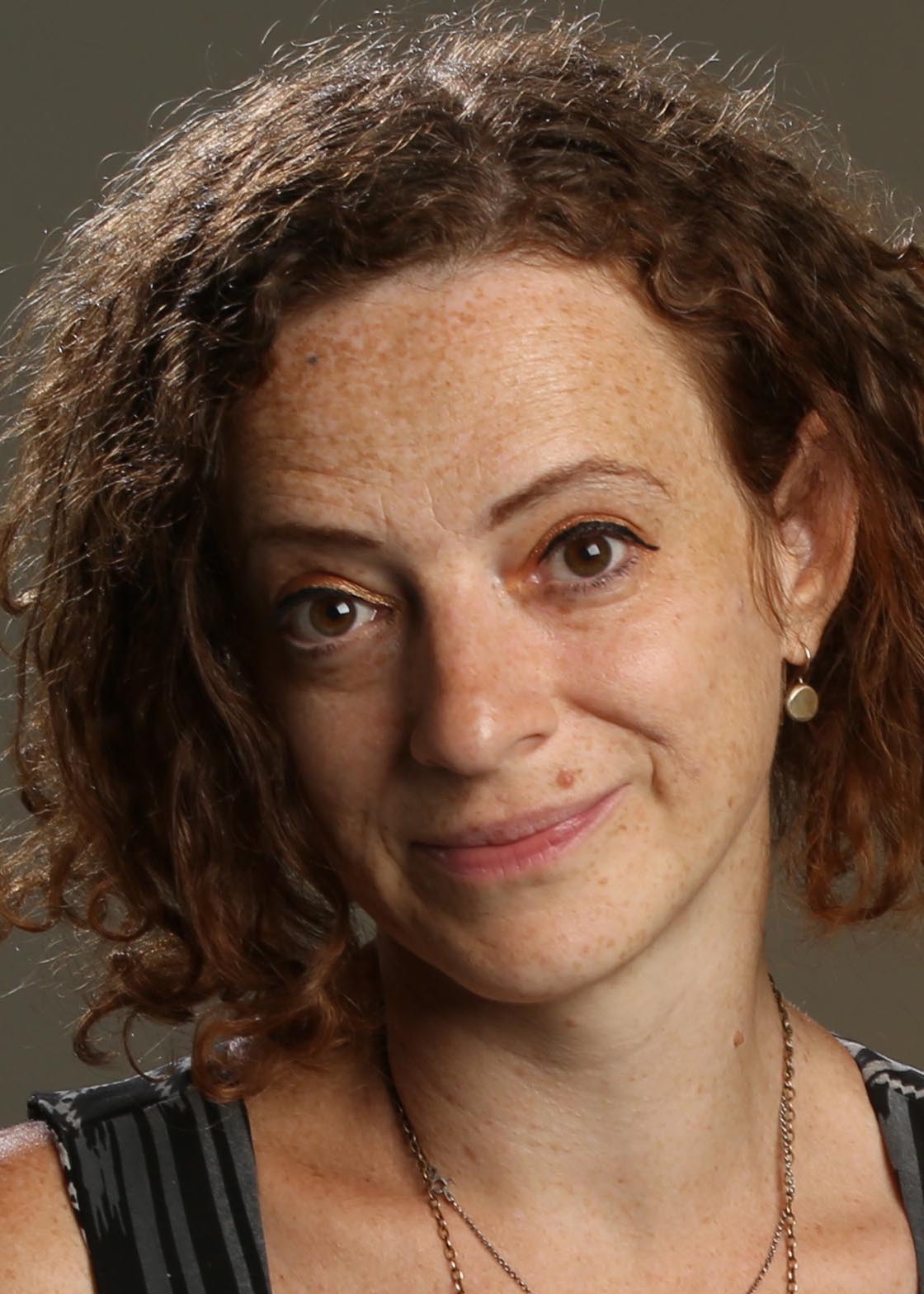What role can university research reactors play in a nuclear energy resurgence?

Corey Hines
Current and future decarbonization goals necessitate robust and reliable energy generation solutions with high capacity factors to serve as baseload sources of clean energy. Next-generation advanced reactor and small modular reactor designs have driven new technology, training regimes, and new reactor design and implementation of solutions associated with new design concepts and scale.
Research and teaching institutions like Washington State University are responding to help meet the needs of future nuclear research and development and fill in workforce gaps by preparing the next generation of workers in nuclear science and engineering. Domestic university research reactors provide an unparalleled teaching and training tool and are an R&D force multiplier for enhanced nuclear skillset development and training. Investing in research reactors and the important mission they serve benefits nuclear research both domestically and globally. Research reactors offer low-cost, safe, real-world job training and provide the experimentation platforms necessary to advance and meet demands of ongoing and future work in the nuclear sector that transcends traditional nuclear R&D.


